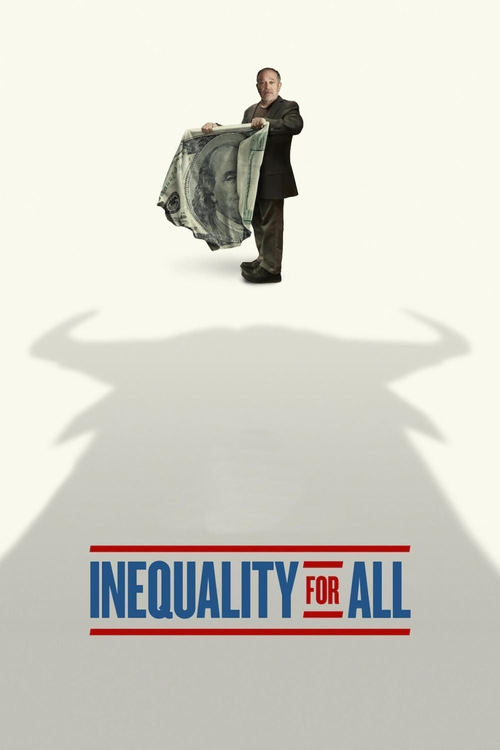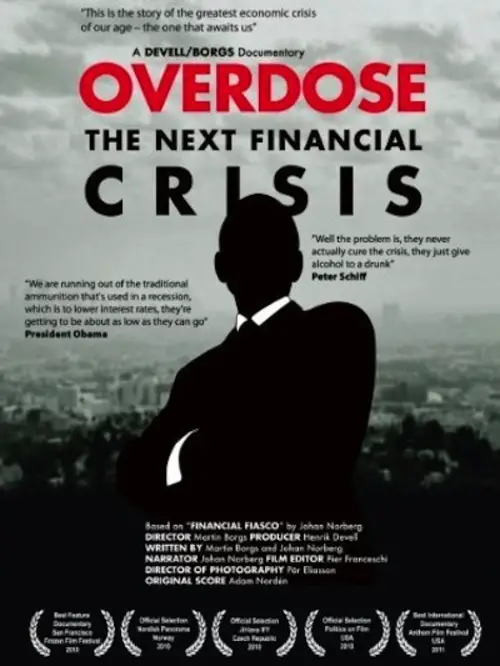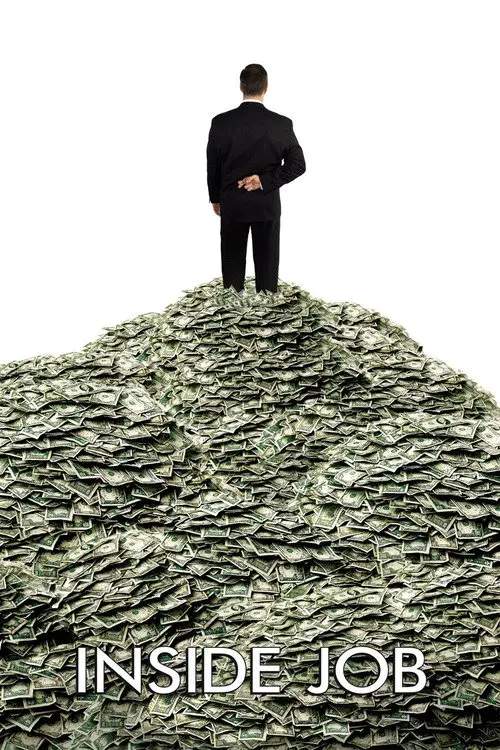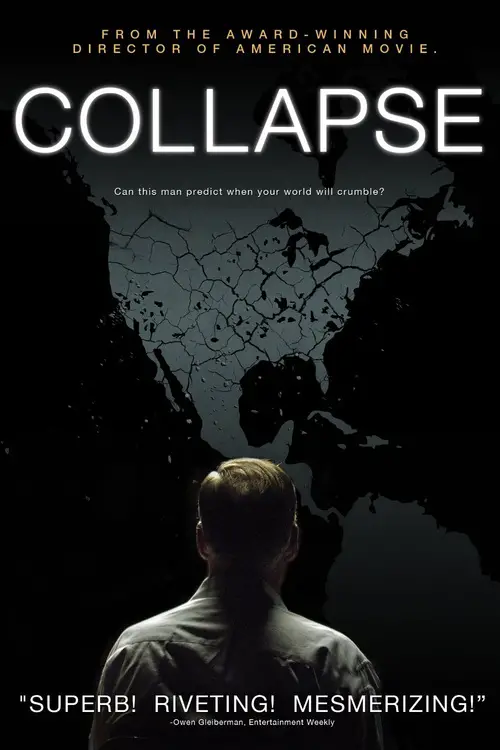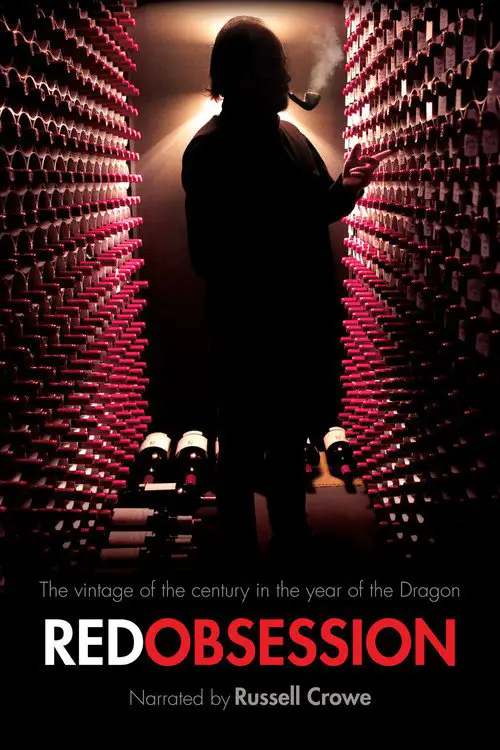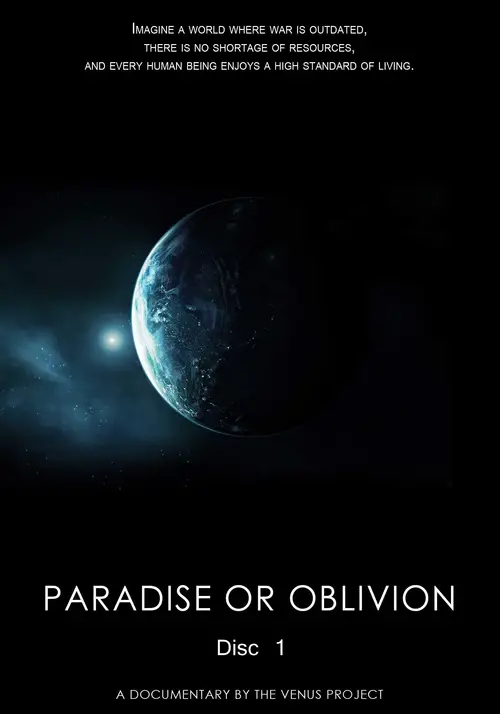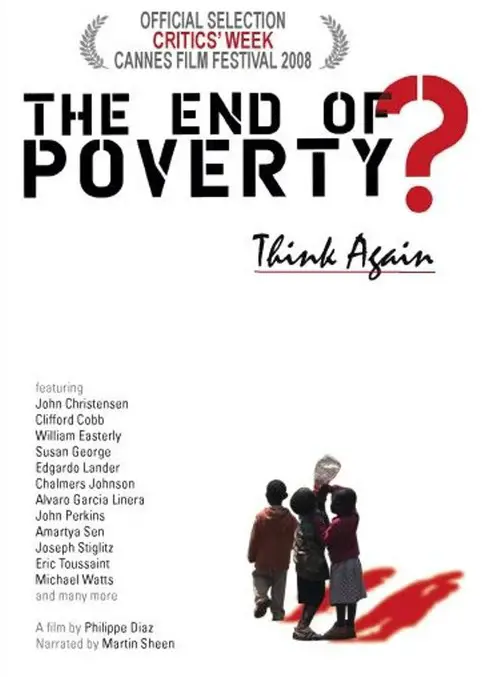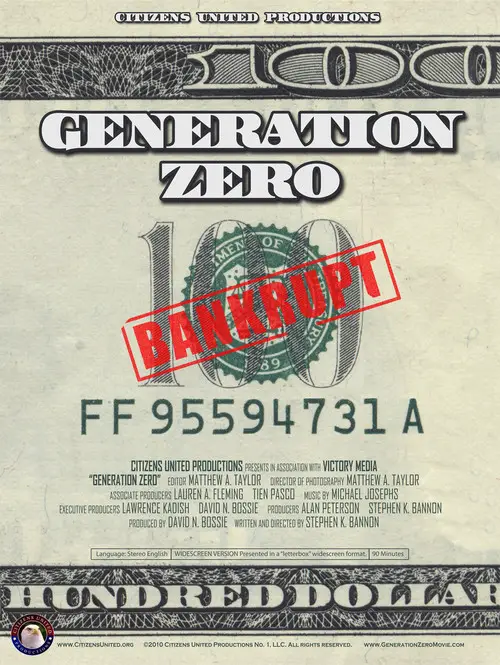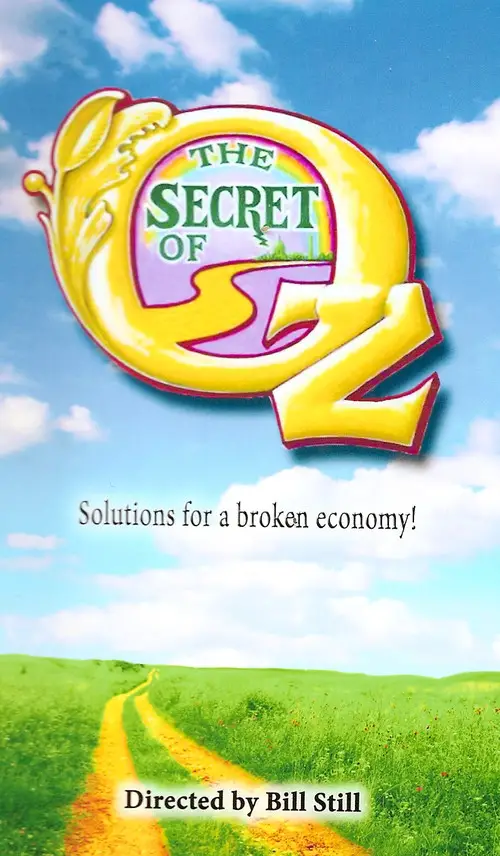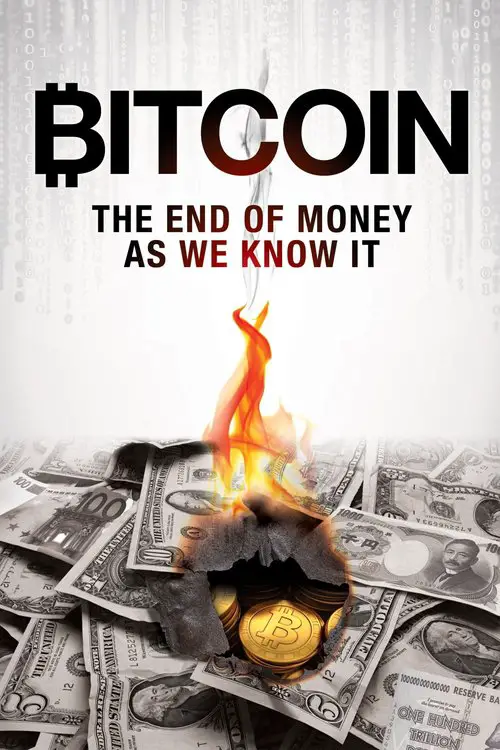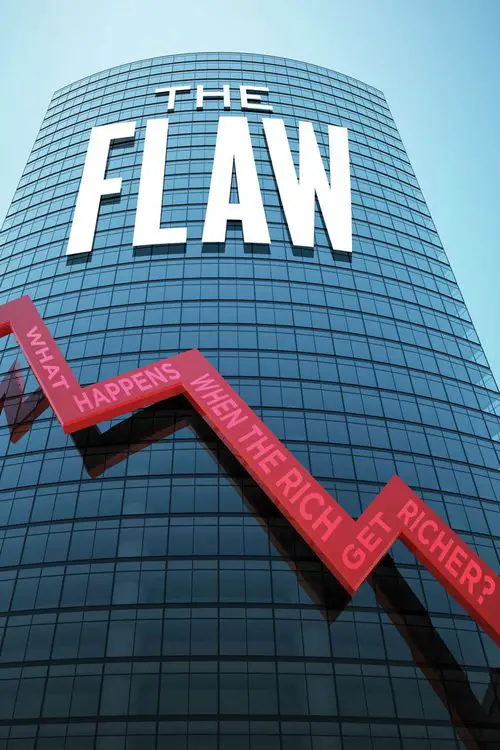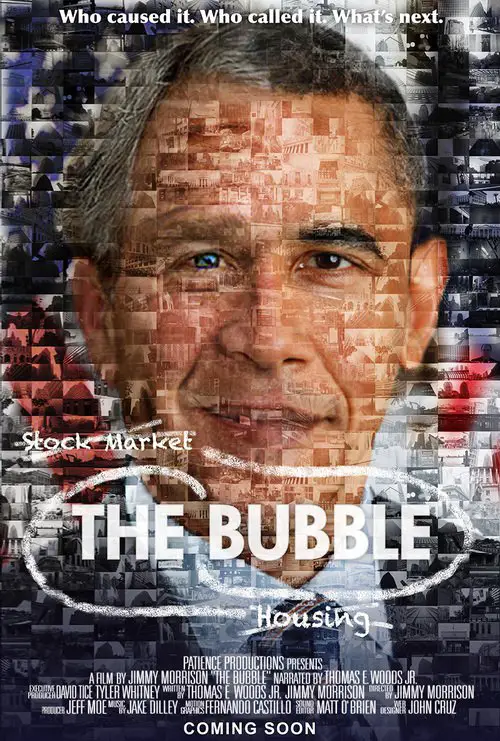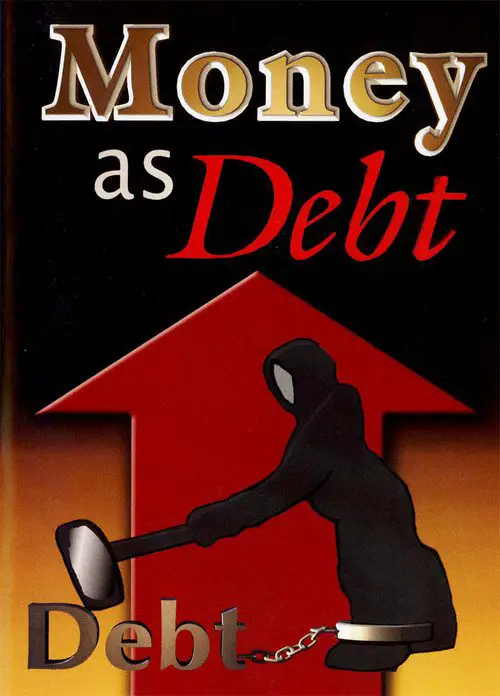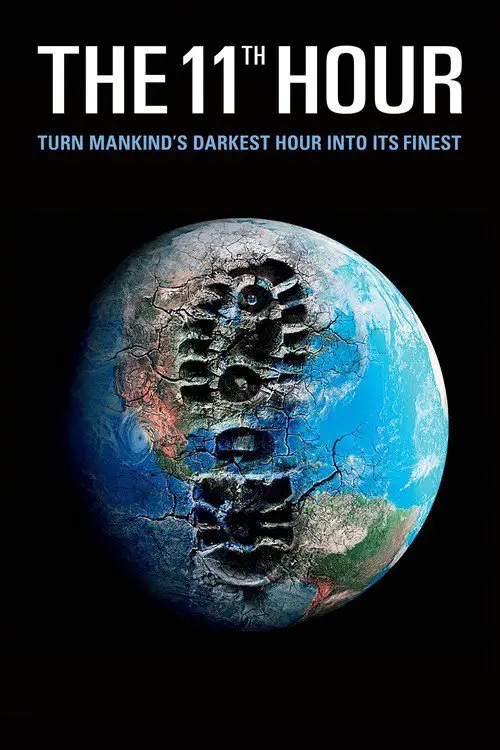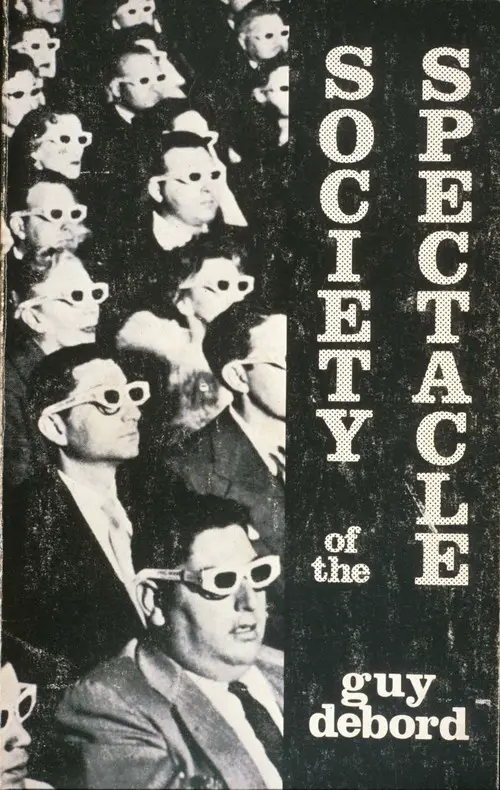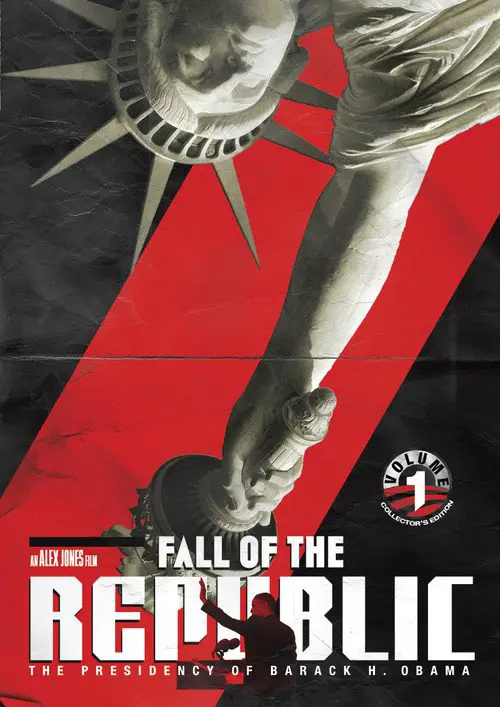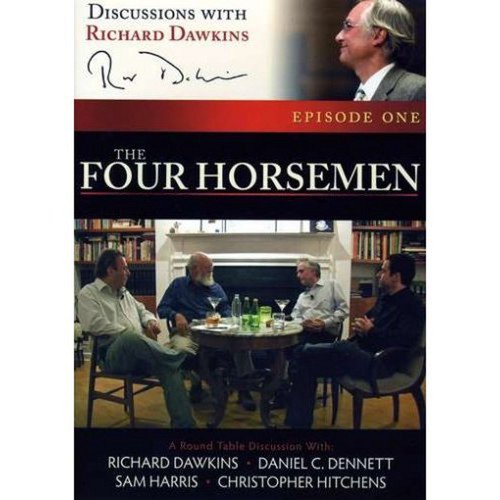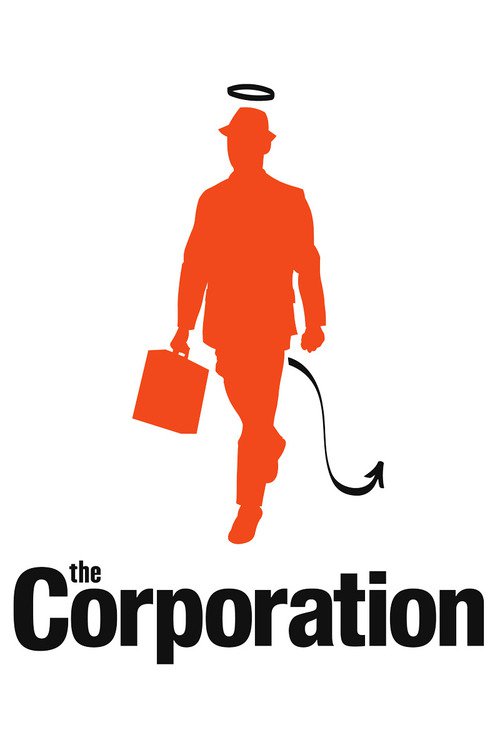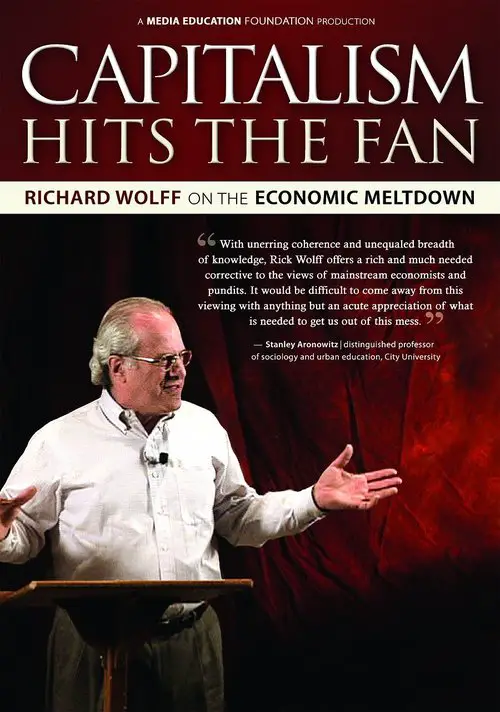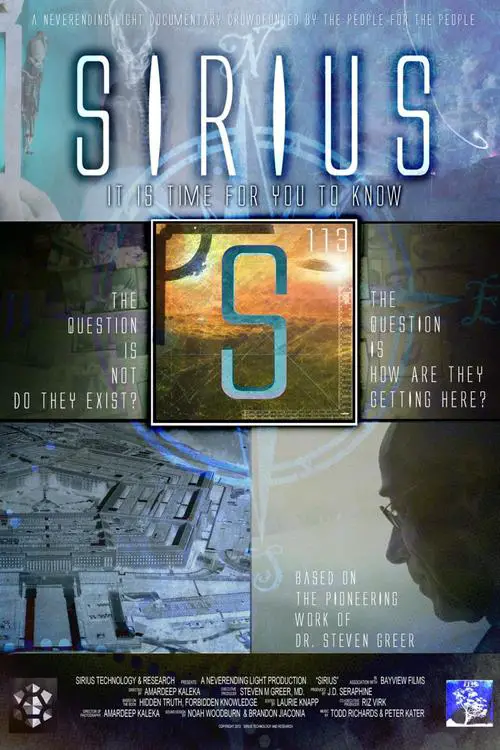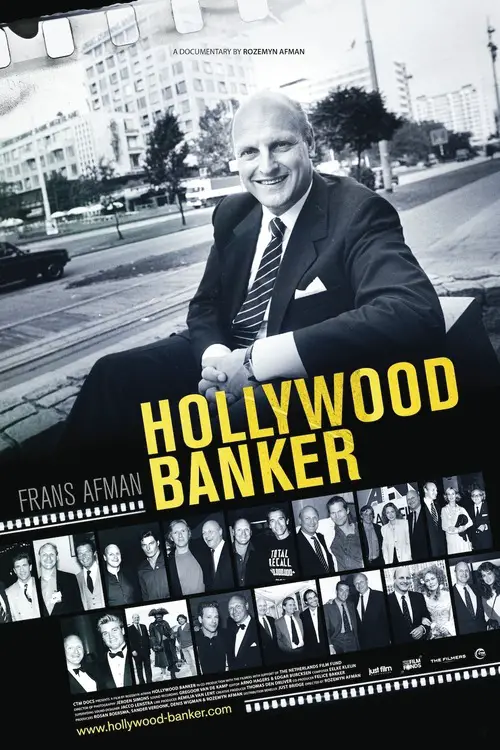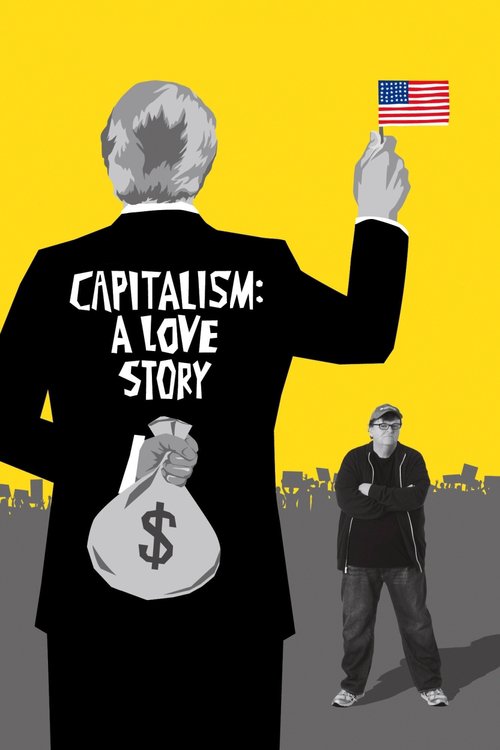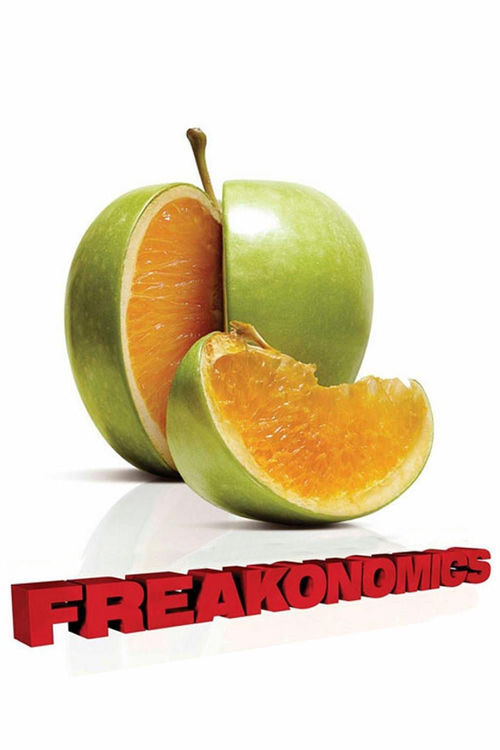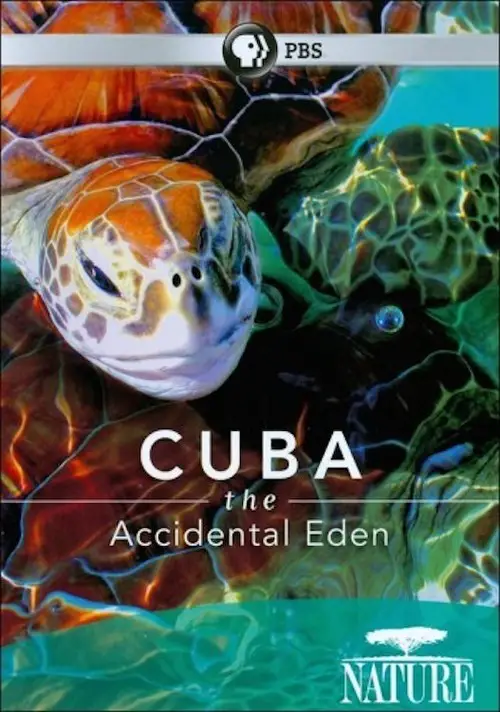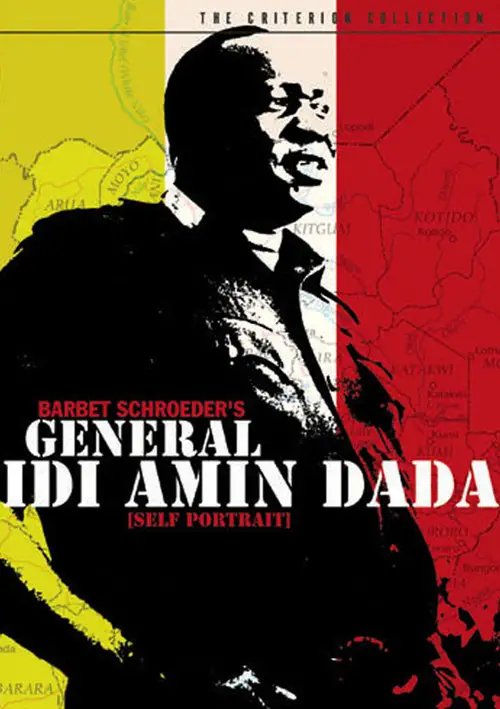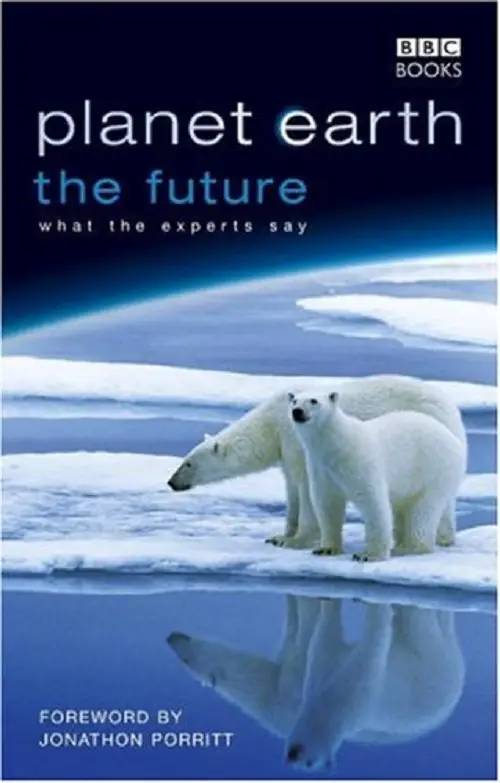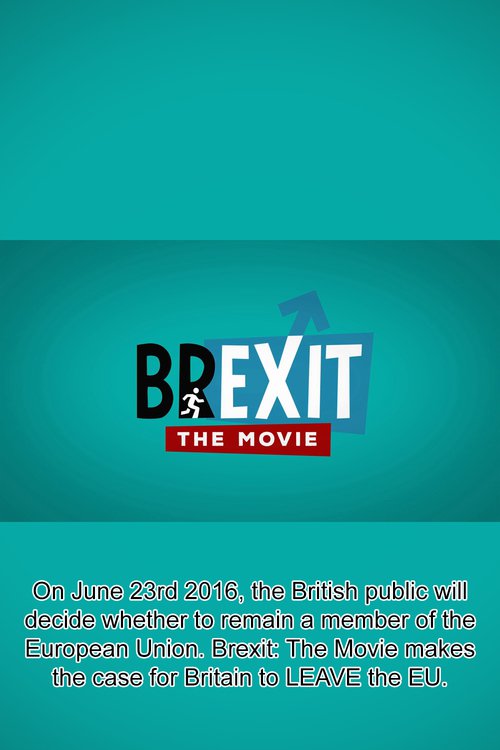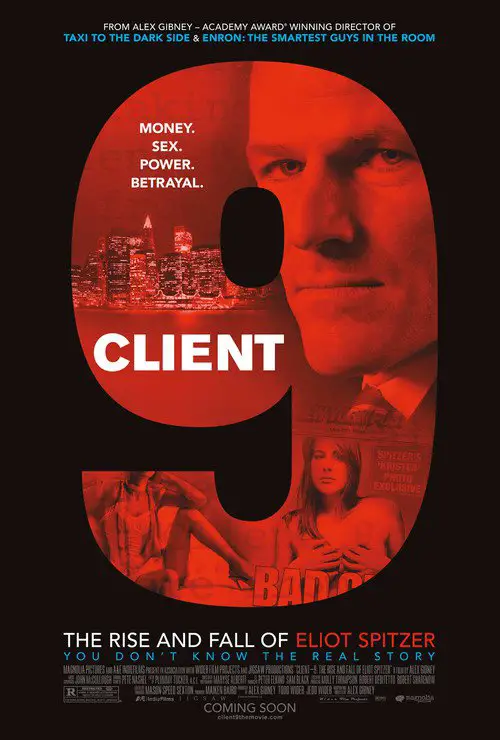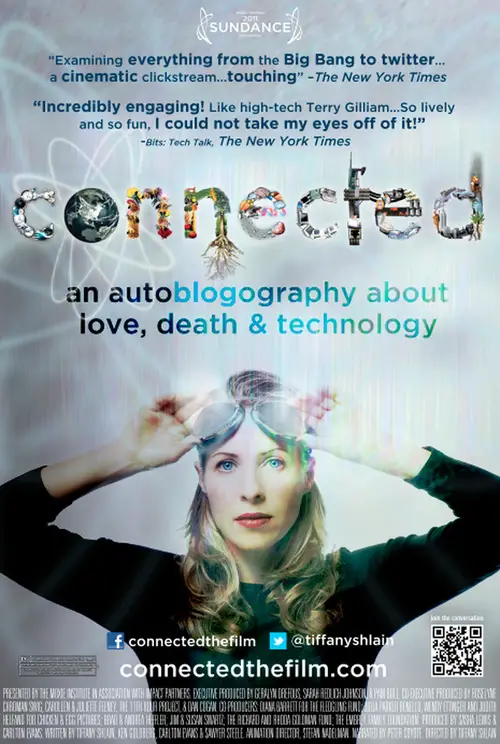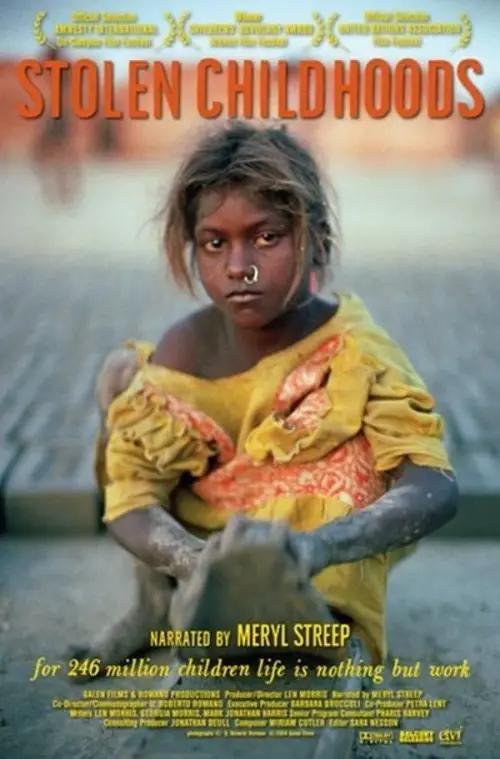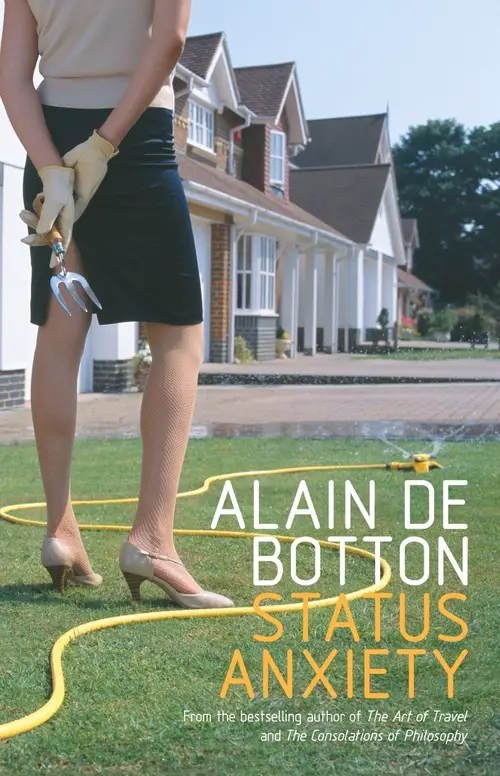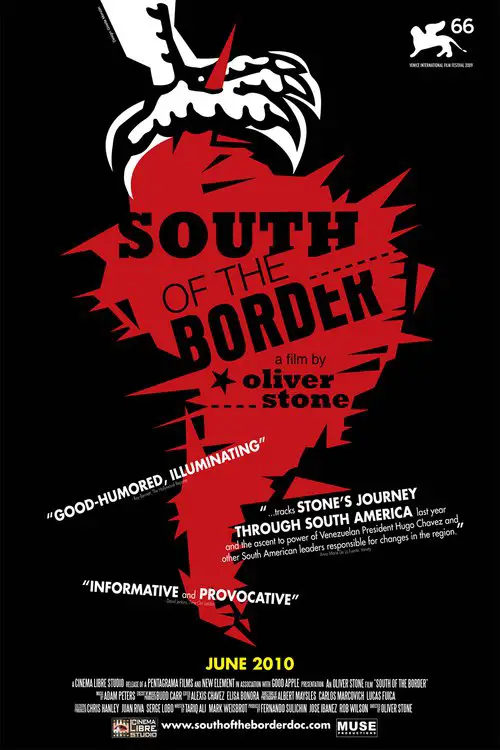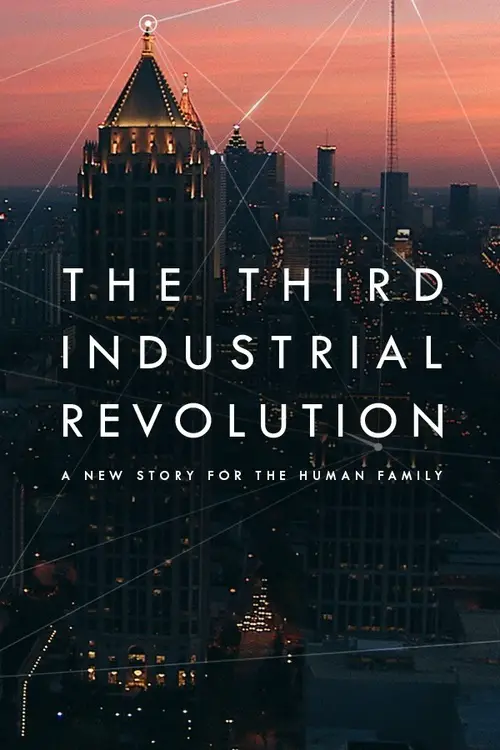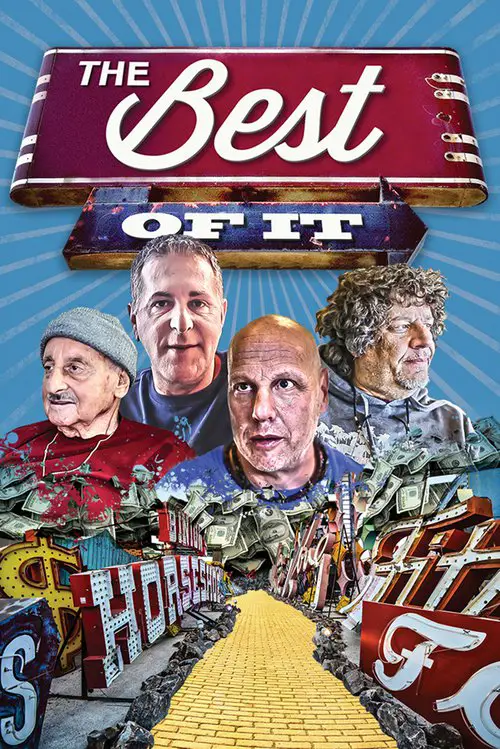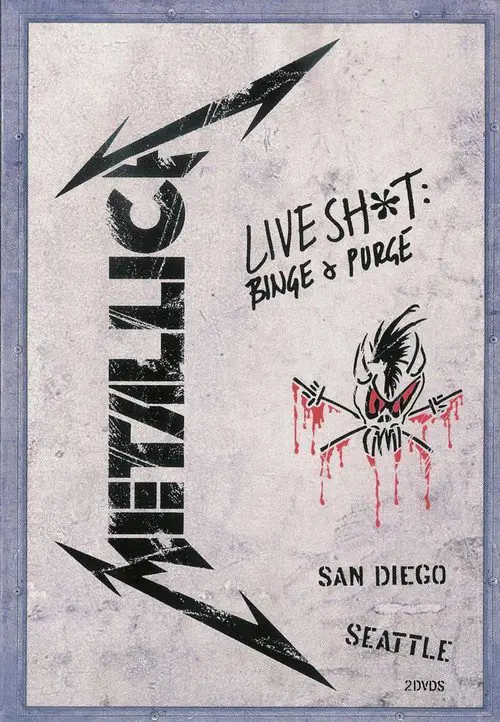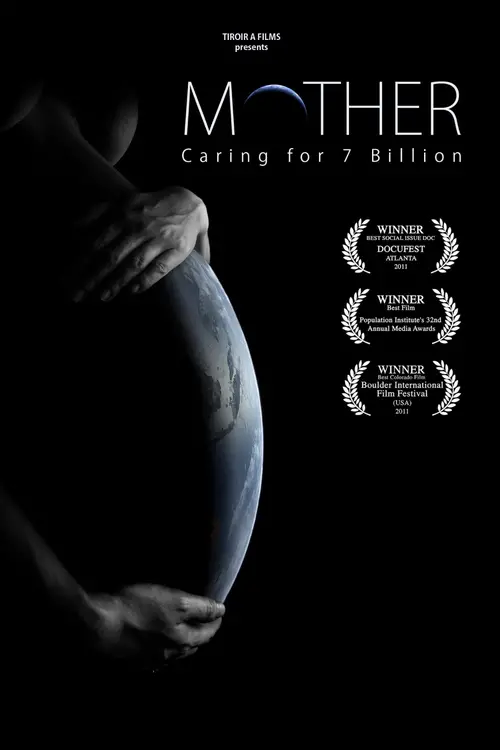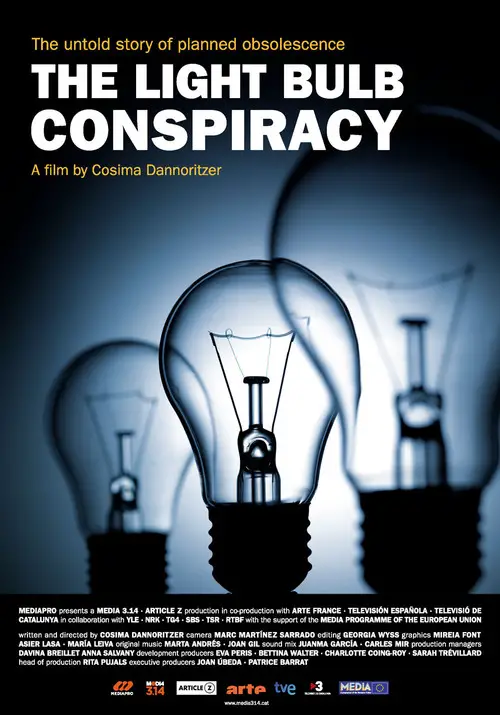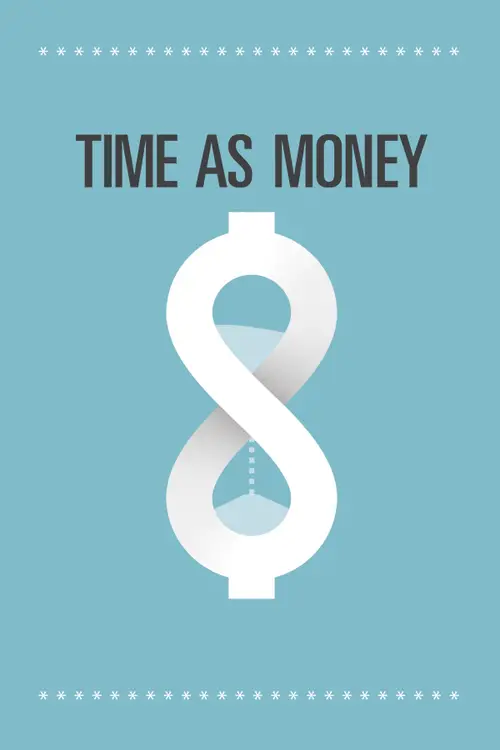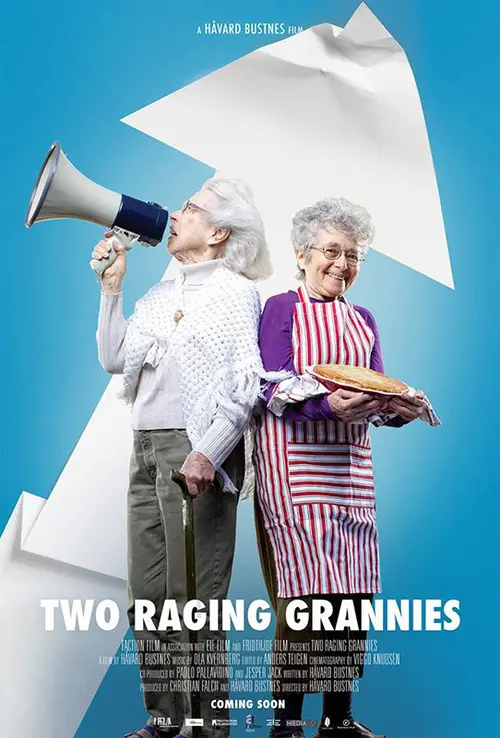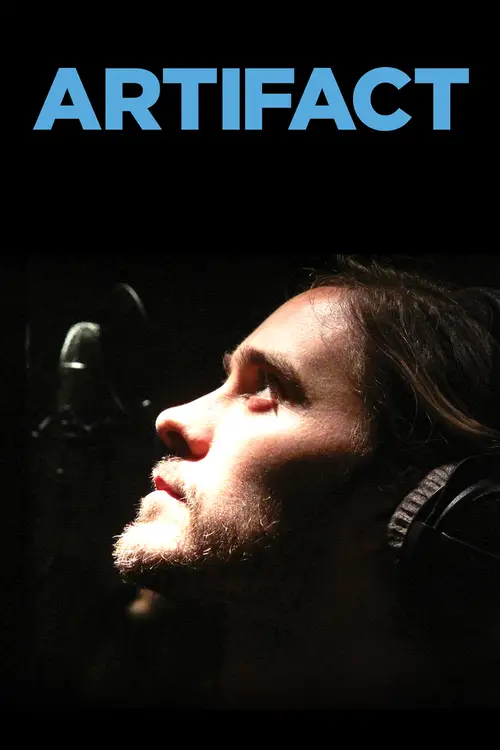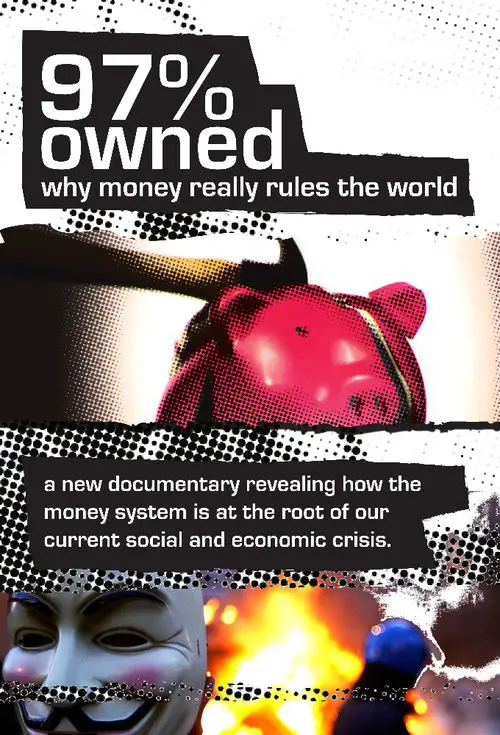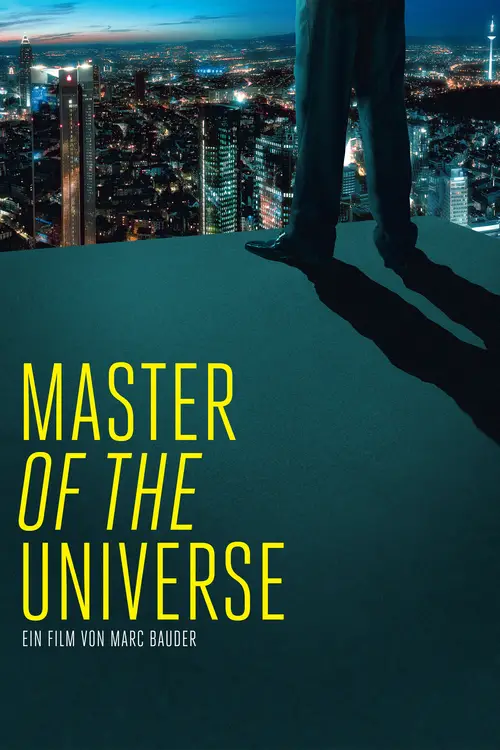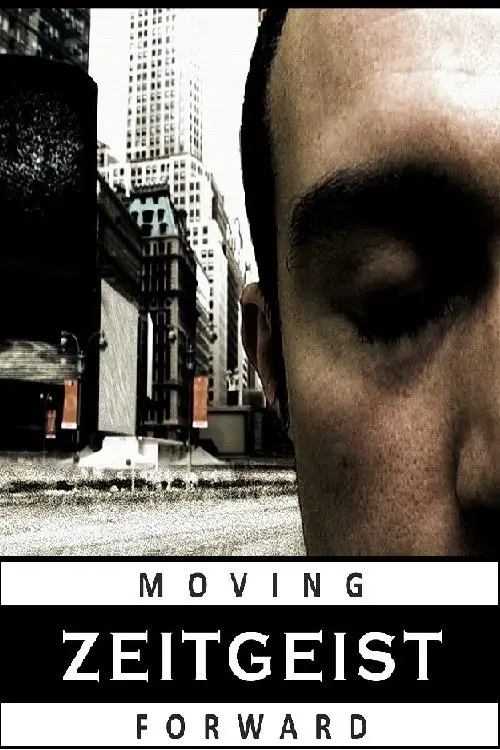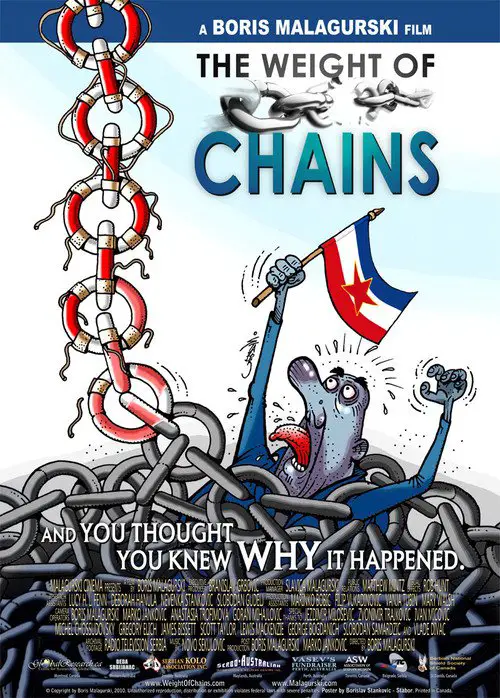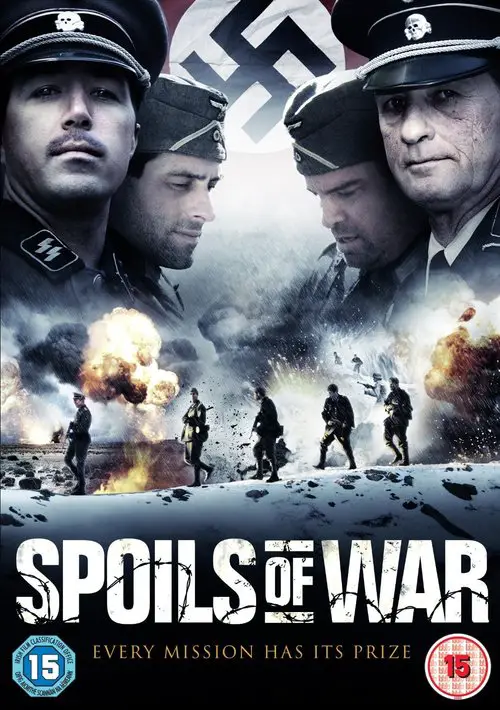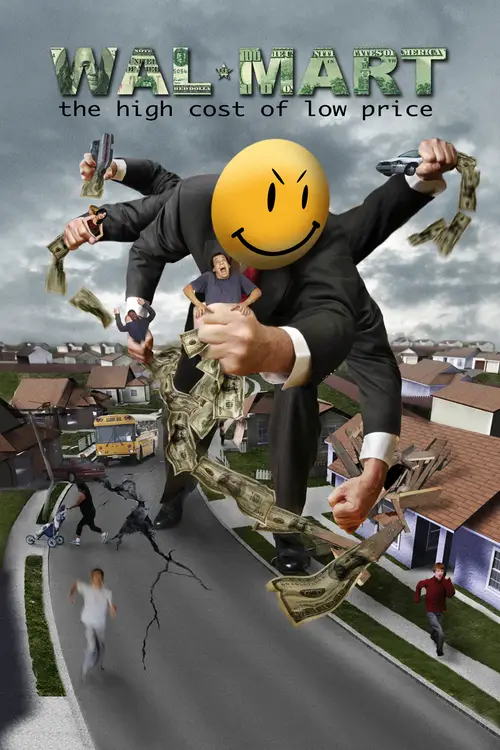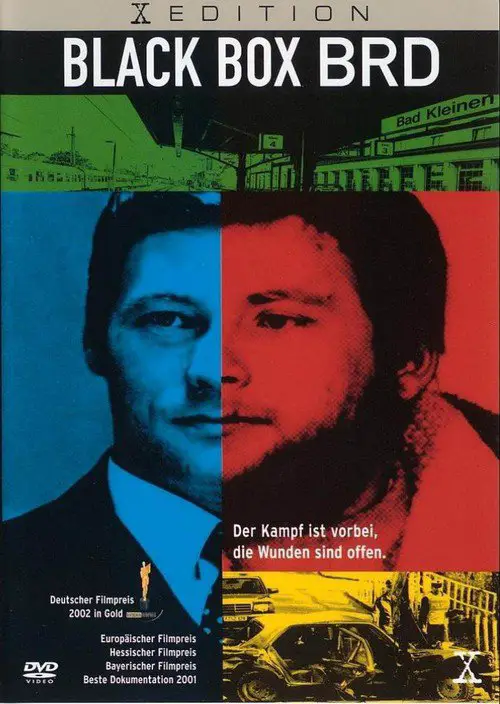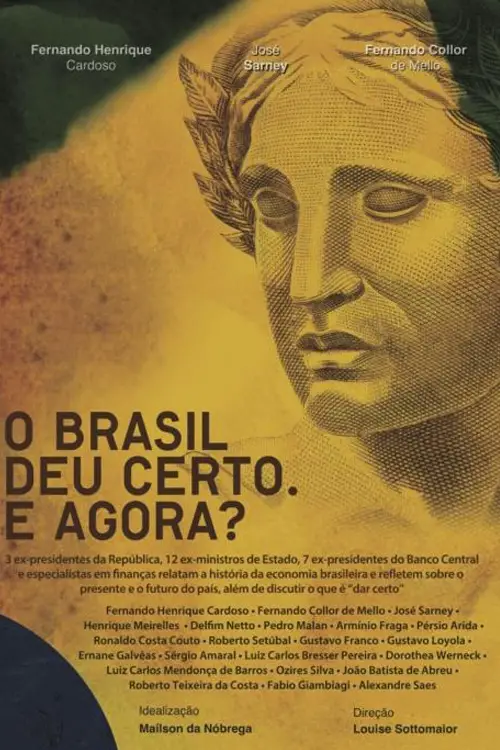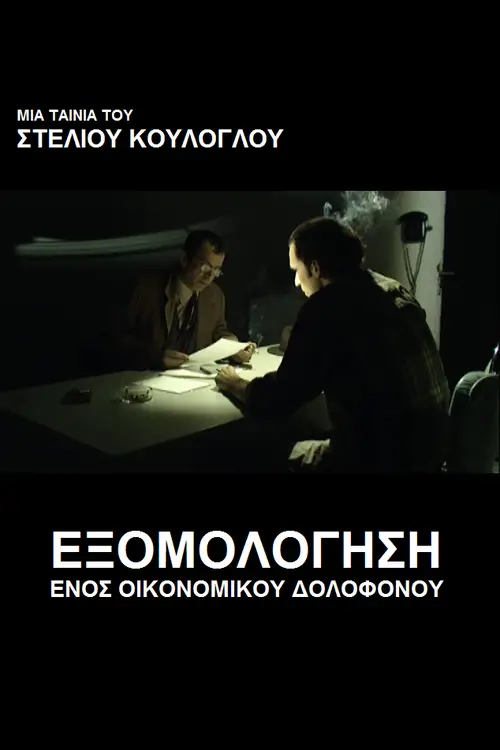Four Horsemen (2012)
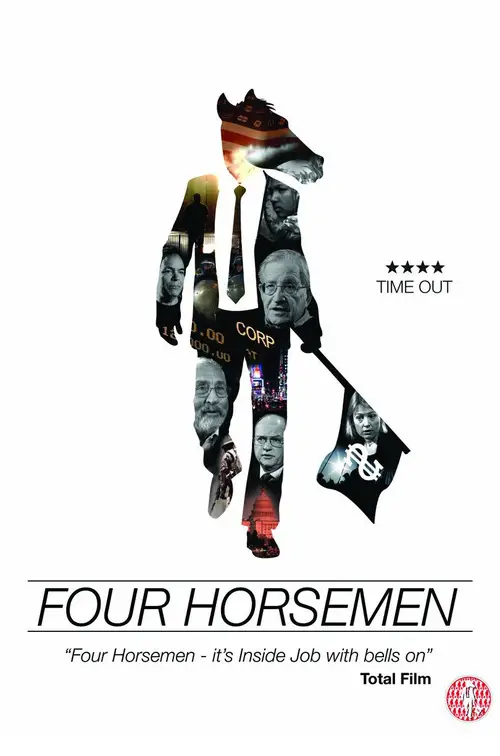
Similar movies
British historian and author Niall Ferguson explains how big money works today as well as the causes of and solutions to economic catastrophes in this extended version The Ascent of Money documentary. Through interviews with top experts, such as former Federal Reserve Chairman Paul Volcker and American currency speculator George Soros, the intricate world of finance, including global commerce, banking and lending, is examined thoroughly.
A film that exposes the shocking truth behind the economic crisis of 2008. The global financial meltdown, at a cost of over $20 trillion, resulted in millions of people losing their homes and jobs. Through extensive research and interviews with major financial insiders, politicians and journalists, Inside Job traces the rise of a rogue industry and unveils the corrosive relationships which have corrupted politics, regulation and academia.
From the acclaimed director of American Movie, the documentary follows former Los Angeles police officer turned independent reporter Michael Ruppert. He recounts his career as a radical thinker and spells out his apocalyptic vision of the future, spanning the crises in economics, energy, environment and more.
With the country's debt growing out of control, Americans by and large are unaware of the looming financial crisis. This documentary examines several of the ways America can get its economy back on the right track. In addition to looking at the federal deficit and trade deficit, the film also closely explores the challenges of funding national entitlement programs such as Social Security, Medicare and Medicaid.
Franceâs Bordeaux region has long commanded respect for its coveted wine, but shifts in the global marketplace mean that a new, voracious consumer base in China is buying up this finite product. Bordeaux both struggles with and courts the spike in demand, sending prices skyrocketing. Narrated by Russell Crowe, Red Obsession is a fascinating look at our changing international economy and how an obsession in Shanghai affects the most illustrious vineyards in France.
Paradise or Oblivion is a free online documentary produced by the Venus Project. This documentary details the root causes of the systemic value disorders and detrimental symptoms caused by our current established system. The film advocates a new socio-economic system, which is updated to present-day knowledge, featuring the life-long work of Social Engineer, Futurist, Inventor and Industrial Designer Jacques Fresco, which he calls a Resource-Based Economy. Paradise or Oblivion by the Venus Project introduces the viewer to a more appropriate value system that would be required to enable this caring and holistic approach to hhuman civilisation. This alternative surpasses the need for a monetary-based, controlled scarcity environment we find ourselves in today.
The End of Poverty? asks if the true causes of poverty today stem from a deliberate orchestration since colonial times which has evolved into our modern system whereby wealthy nations exploit the poor. People living and fighting against poverty answer condemning colonialism and its consequences; land grab, exploitation of natural resources, debt, free markets, demand for corporate profits and the evolution of an economic system in in which 25% of the world's population consumes 85% of its wealth. Featuring Nobel Prize winner Amartya Sen and Joseph Stiglitz, authors/activist Susan George, Eric Toussaint, Bolivian Vice President Alvaro Garcia Linera and more.
Humanityâs ascent is often measured by the speed of progress. But what if progress is actually spiraling us downwards, towards collapse? Ronald Wright, whose best-seller, âA Short History Of Progressâ inspired âSurviving Progressâ, shows how past civilizations were destroyed by âprogress trapsââalluring technologies and belief systems that serve immediate needs, but ransom the future. As pressure on the worldâs resources accelerates and financial elites bankrupt nations, can our globally-entwined civilization escape a final, catastrophic progress trap? With potent images and illuminating insights from thinkers who have probed our genes, our brains, and our social behaviour, this requiem to progress-as-usual also poses a challenge: to prove that making apes smarter isnât an evolutionary dead-end.
It is well known in economics academia that The Wonderful Wizard of Oz written by L. Frank Baum in 1900 is loaded with powerful symbols of monetary reform which were the core of the Populist movement and the 1896 and 1900 president bid of Democrat William Jennings Bryan. The yellow brick road (gold standard), the emerald city of Oz (greenback money), even Dorothyâs silver slippers (changed to ruby slippers for the movie version) were the symbol of Baumâs and Bryanâs belief that adding silver coinage to gold would provide much needed money to a depression-strapped, 1890s America. We believe Baumâs symbols represent the only solution to relieve the growing economic hardship here in America â and the rest of the world. Practically speaking, 2009 marks the 70th anniversary of the 1939 MGM release of the The Wizard of Oz movie, so interest will be very high. Even Oz websites put up by kids get millions of hits.
The story of the credit bubble that caused the financial crash. Through interviews with some of the world's leading economists, including housing expert Robert Shiller, Nobel laureate Joseph Stiglitz, and economic historian Louis Hyman, as well as Wall Street insiders and victims of the crash including Ed Andrews - a former economics correspondent for The New York Times who found himself facing foreclosure - and Andrew Luan, once a bond trader at Deutsche Bank now running his own Wall Street tour guide business, the film presents an original and compelling account of the toxic combination of forces that nearly destroyed the world economy.
A look at the state of the global environment including visionary and practical solutions for restoring the planet's ecosystems. Featuring ongoing dialogues of experts from all over the world, including former Soviet Prime Minister Mikhail Gorbachev, renowned scientist Stephen Hawking, former head of the CIA R. James Woolse
With breathtaking clarity, renowned University of Massachusetts Economics Professor Richard Wolff breaks down the root causes of today's economic crisis, showing how it was decades in the making and in fact reflects seismic failures within the structures of American-style capitalism itself. Wolff traces the source of the economic crisis to the 1970s, when wages began to stagnate and American workers were forced into a dysfunctional spiral of borrowing and debt that ultimately exploded in the mortgage meltdown. By placing the crisis within this larger historical and systemic frame, Wolff argues convincingly that the proposed government "bailouts," stimulus packages, and calls for increased market regulation will not be enough to address the real causes of the crisis, in the end suggesting that far more fundamental change will be necessary to avoid future catastrophes.
Cuba's political and economic exile has yielded a startling upside: A pristine island preserve boasting one of the most diverse and primordial ecosystems in the region. But how will nature fare if the U.S. trade embargo ends and tourists pour in? This episode of the PBS series observes jumping crocodiles, painted snails and other famed residents while profiling the unsung scientists who are studying and protecting the creatures' idyllic habitats.
Uganda's dictator, General Idi Amin Dada, accepts a foreign crew's request to interview and film him. He talks to the camera about his outreach to Arab nations, his goal of eradicating Israel, his views on economic policy, and his views of Nixon, Kissinger, and other world leaders. We also see him dressing down his ministers at a cabinet meeting (two weeks after this meeting, the foreign minister, whom Amin criticizes here, is murdered), supervising a war-game simulation of an invasion of Israel, visiting a village, and addressing a conclave of Ugandan physicians.
Planet Earth: The Future is a 2006 BBC documentary miniseries on the environment and conservation, produced by the BBC Natural History Unit as a companion to the multi-award winning nature documentary Planet Earth. The programmes were originally broadcast on BBC Four immediately after the final three episodes of Planet Earth on BBC One. Each episode highlights the conservation issues surrounding some of the species and environments featured in Planet Earth, using interviews with the film-makers and eminent figures from the fields of science, conservation, politics, and theology. The programmes are narrated by Simon Poland and the series producer was Fergus Beeley.
A feature-length documentary to show why Britain should vote to LEAVE the EU - and would thrive outside of it. Brexit: The Movie spells out the danger of staying part of the EU. Is it safe to give a remote government beyond our control the power to make laws? Is it safe to tie ourselves to countries which are close to financial ruin, drifting towards scary political extremism, and suffering long-term, self-inflicted economic decline?
This documentary feature takes an in-depth look at the rapid rise and dramatic fall of New York Governor Eliot Spitzer. Nicknamed "The Sheriff of Wall Street," when he was NY's Attorney General, Eliot Spitzer prosecuted crimes by Americaâs largest financial institutions and some of the most powerful executives in the country. After his election as Governor, with the largest margin in the state's history, many believed Spitzer was on his way to becoming the nation's first Jewish President. Then, shockingly, Spitzerâs meteoric rise turned into a precipitous fall when the New York Times revealed that Spitzer - the paragon of rectitude - had been caught seeing prostitutes.
Tiffany Shlain's documentary, Connected, explores the visible and invisible connections linking major issues of our time-the environment, consumption, population growth, technology, human rights, the global economy-while searching for her place in the world during a transformative time in her life. Employing a combination of animation and archival footage, Shlain constructs a chronological tour of Western modernization through the work of her late father, Leonard Shlain, a surgeon and best-selling author. Connected illuminates the beauty and tragedy of human endeavor while championing the importance of personal connectedness for understanding and coping with today's global conditions.
Narrated by Meryl Streep and filmed in eight countries, Stolen Childhoods is the story of 246 million children for whom life is nothing but work. Children are found working in dumps, quarries and brick kilns. One boy has been pressed into forced labor on a fishing platform in the Sea of Sumatra, a fifteen-year-old runaway describes being forced into prostitution on the streets of Mexico City, while a nine-year-old girl picks coffee in Kenya to help her family survive. The film features stories of child laborers around the world, told in their own words, while placing their stories in the broader context of the worldwide struggle against child labor, how it contributes to global insecurity, while featuring best practice programs to improve their lives by giving them the chance of making a reasonable living when they grow up. Ultimately, the film challenges the viewer to help break the cycle of poverty for the 246 million children laboring at the bottom of the global economy.
The eagerly awaited sequel to Patrick Keiller's London and Robinson in Space is a beautifully photographed cinematic essay on our current environmental and economic predicament, narrated by Vanessa Redgrave. Timely, provocative and studded with surreal humour, Robinson in Ruins reveals hidden histories and surprising visions (from the opium poppy fields of Oxfordshire to what seems to be a talking post box), making us consider the world around us afresh.
The global economy is in crisis. Our biosphere's inability to absorb human activity, combined with the exhaustion of natural resources, declining productivity, slow growth, rising unemployment, and steep inequality, forces us to rethink our economic models. Where do we go from here? In this compelling feature-length documentary, social and economic theorist Jeremy Rifkin lays out a road map to usher in a new era of sustainable development. A Third Industrial Revolution will unfold when three technologies emerge and converge: new communication, new sources of energy, and new modes of mobility. But, in the context of climate change, it needs to happen fast. Change of this magnitude requires political will and a profound ideological shift.
THE BEST OF IT takes an unflinching look at the life of a professional gambler. The character driven documentary focuses on the lives of Boston, The Shrink, Dink, and Banker who all chose to make a living betting sports. A gambler selects this profession despite knowing the life they fancied tends to chew up and spit out even the most seasoned gamblerâan all too common tale in Las Vegas. A feud between Boston and The Shrink develops after accusations are made about gambling debts, but a gamblerâs actual bank account balance is often based on rumors and half-truths. The outcome of a gambler is as unpredictable as the the games they bet.
LIVE SHIT: BINGE & PURGE is the first live album by the American heavy metal band Metallica, released as a box set in 1993. It contained audio of concerts in Mexico City (CDs or cassettes, originally), and videos of concerts in San Diego and Seattle (originally on VHS, later DVD). SAN DIEGO: Recorded at the San Diego Sports Arena, San Diego, CA on January 13 and 14, 1992: Intro-MetalliMovie / The Ecstasy of Gold/Enter Sandman / Creeping Death / Harvester of Sorrow / Welcome Home (Sanitarium) / Sad But True / Wherever I May Roam / Bass solo / Through the Never / The Unforgiven / Justice Medley (Eye of the Beholder/Blackened/The Frayed Ends of Sanity/...And Justice for All) / Drum solo and drum battle (with James Hetfield on drum kit) / Guitar solo / The Four Horsemen / For Whom the Bell Tolls / Fade to Black / Whiplash / Master of Puppets / Seek & Destroy / One / Last Caress / Am I Evil? / Battery / Stone Cold Crazy
This is a documentary about an honest search for the truth about the Federal Reserve Bank and the legality of the Internal Revenue System. Through extensive interviews with recognised experts and authority, the director shows an astonishing revelation of how the Federal Government and the Bankers have fooled the American public by taking thier wages and putting it in the pockets of the super-rich.
Mother, the film, breaks a 40-year taboo by bringing to light an issue that silently fuels our largest environmental, humanitarian and social crises - population growth. Since the 1960s the world population has nearly doubled, adding more than 3 billion people. At the same time, talking about population has become politically incorrect because of the sensitivity of the issues surrounding the topic- religion, economics, family planning and gender inequality. The film illustrates both the over consumption and the inequity side of the population issue by following Beth, a mother, a child-rights activist and the last sibling of a large American family of twelve, as she discovers the thorny complexities of the population dilemma and highlights a different path to solve it.
Once upon a time... consumer goods were built to last. Then, in the 1920âs, a group of businessmen realized that the longer their product lasted, the less money they made, thus Planned Obsolescence was born, and manufacturers have been engineering products to fail ever since.
Combining investigative research and rare archive footage with analysis by those working on ways to save both the economy and the environment, this documentary charts the creation of âengineering to failâ, its rise to prominence and its recent fall from grace.
From small town neighborhoods to cities, the shift in the economy and continued financial struggles is having an adverse effect on communities and creating devastating isolation for its inhabitants. As a result, time banks begin to form encouraging members to repair and rebuild their community without cash. But, new time bankers must adapt to a new system without money in order to keep their neighborhoods strong and flourishing.
Artifact is a 2012 American documentary film directed by Jared Leto under the pseudonym of Bartholomew Cubbins, a recurring character in the Dr. Seuss universe. The film is a documentary about the making of the 30 Seconds to Mars album This Is War and the band's battle against record label EMI. Included in Artifact are several interviews, including the one with neurophysicist Daniel Levitin, author of the popular science book This Is Your Brain On Music. The film won the BlackBerry People's Choice Documentary Award at the 2012 Toronto International Film Festival.
A luxury cruise boat motors up the Yangtze - navigating the mythic waterway known in China simply as "The River." The Yangtze is about to be transformed by the biggest hydroelectric dam in history. At the river's edge - a young woman says goodbye to her family as the floodwaters rise towards their small homestead. The Three Gorges Dam - contested symbol of the Chinese economic miracle - provides the epic backdrop for Up the Yangtze, a dramatic feature documentary on life inside modern China.
97% owned present serious research and verifiable evidence on our economic and financial system. This is the first documentary to tackle this issue from a UK-perspective and explains the inner workings of Central Banks and the Money creation process. When money drives almost all activity on the planet, it's essential that we understand it. Yet simple questions often get overlooked, questions like; where does money come from? Who creates it? Who decides how it gets used? And what does this mean for the millions of ordinary people who suffer when the monetary, and financial system, breaks down? Produced by Queuepolitely and featuring Ben Dyson of Positive Money, Josh Ryan-Collins of The New Economics Foundation, Ann Pettifor, the "HBOS Whistleblower" Paul Moore, Simon Dixon of Bank to the Future and Nick Dearden from the Jubliee Debt Campaign.
He was one of Germany's leading investment experts with an income of several million Euros per day. Now, he sits on one of the upper floors of an empty bank building in the middle of Frankfurt, overlooking a skyline of glass and steel. And talks. In an extended mix of a monologue and an in-depth interview, which is as frightening as it is fascinating, he shares his inside knowledge from a megalomaniac parallel world where illusions are the market's hardest currency. Marc Bauder's 'Master of the Universe' is based on meticulous research and provides us with geniune insight into the notoriously secretive and self-protective 'universe' of which our nameless protagonist experiences himself a master. Where other films on the financial meltdown have focused on the epic nature of larger-than-life business, Bauder probes the mentality that made it possible in the first place. A tense drama where psychology meets finance - two things that are more closely linked than you would like to believe.
Zeitgeist: Moving Forward, by director Peter Joseph, is a feature length documentary work which will present a case for a needed transition out of the current socioeconomic monetary paradigm which governs the entire world society. This subject matter will transcend the issues of cultural relativism and traditional ideology and move to relate the core, empirical "life ground" attributes of human and social survival, extrapolating those immutable natural laws into a new sustainable social paradigm called a "Resource-Based Economy".
The Weight of Chains is a Canadian documentary film that takes a critical look at the role that the US, NATO and the EU played in the tragic breakup of a once peaceful and prosperous European state - Yugoslavia. The film, bursting with rare stock footage never before seen by Western audiences, is a creative first-hand look at why the West intervened in the Yugoslav conflict, with an impressive roster of interviews with academics, diplomats, media personalities and ordinary citizens of the former Yugoslav republics. This film also presents positive stories from the Yugoslav wars - people helping each other regardless of their ethnic background, stories of bravery and self-sacrifice.
A serious docu-comedy about the commercialization of Christmas. What Would Jesus Buy? follows Reverend Billy and the Church of Stop Shopping Gospel Choir as they go on a cross-country mission to save Christmas from the Shopocalypse: the end of mankind from consumerism, over-consumption and the fires of eternal debt!
This documentary takes the viewer on a deeply personal journey into the everyday lives of families struggling to fight Goliath. From a family business owner in the Midwest to a preacher in California, from workers in Florida to a poet in Mexico, dozens of film crews on three continents bring the intensely personal stories of an assault on families and American values.
3 ex-presidents of Brazil, 12 ex-ministers of State, 7 ex-governors of the Central Bank, bank owners and finance specialists tell the Brazilian economic history and speculate about the present and the future of the country. 125 years ago Brazil was a poor country with slavery. 60 years ago 50% of Brazilians were illiterate. 25 years ago inflation rate reached 84% a month and 35% of the population was extremely poor. In 2013, Brazil ranks the seventh world's largest economy, inflation reached 5,4% a year, poverty was reduced to 12% and the country is looking forward to be wealthy. Will it happen? Agile cutting, simple language and smart graphic arts allow the answer to this and other questions to be interesting and available to all audiences.
In front of an angry audience somewhere in Latin America, a North American discloses the secret network that used the World Bank, payoffs, extortion and sex, military coups and political assassinations to create the American empire. The definitive answer to President Bush's question: "why do they hate us?"
© Valossa 2015–2026
| Privacy Policy
